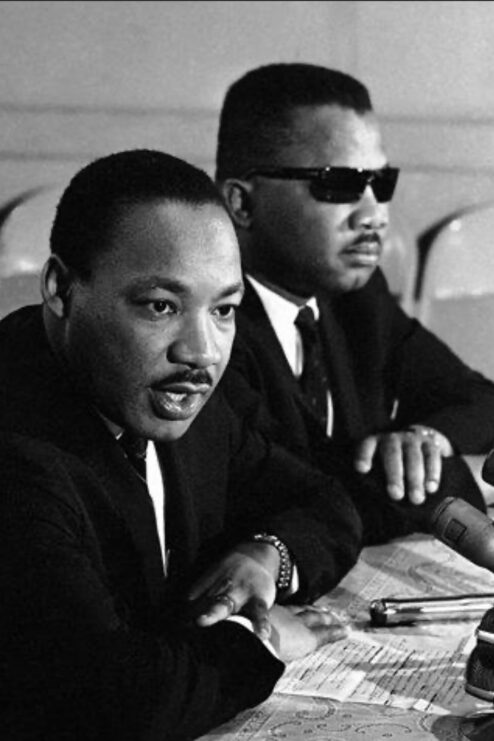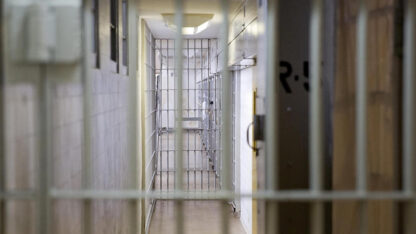Alveda King reflects on height of Civil Rights Movement, modeling a life of service

Although Alveda King’s father, A.D. King, shied away from the limelight compared to his brother Martin Luther King Jr., A.D. is credited with leading the vital Civil Rights Movement in Birmingham.

Like his older brother, A.D. was arrested for taking part in protests and even had his house in Birmingham bombed.
A.D. King died in 1969 at the age of 38. He was found face down in the family’s swimming pool. Although he was an excellent swimmer, King’s death was ruled an accidental drowning.

To this day, his family believes he was murdered during the height of the Civil Rights Movement. He died just 18 months after his brother’s assassination.
Despite the uncertainty and unrest of the 60s, he managed to model a life of service for his five children.
More than 50 years later, WABE’s “Morning Edition” took a trip to see Alveda, and found it’s a lesson not lost on his only surviving daughter.
Lily Oppenheimer contributed to this report.







